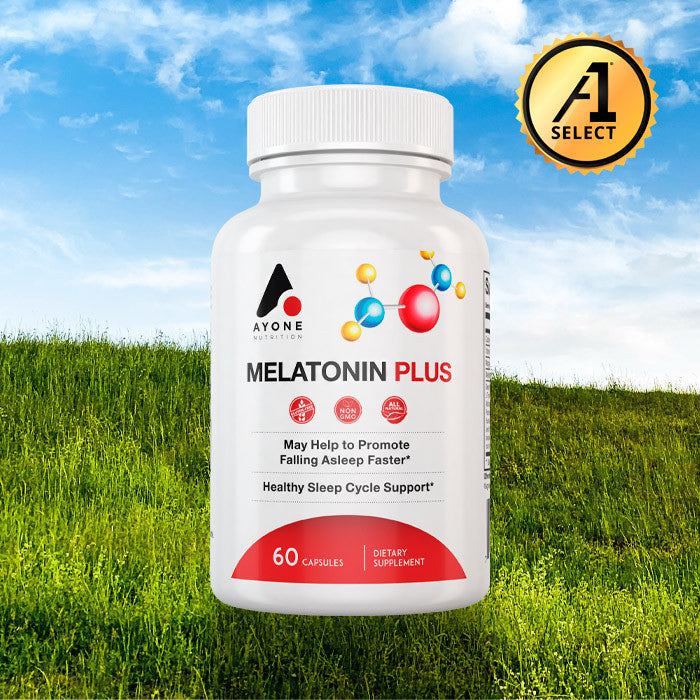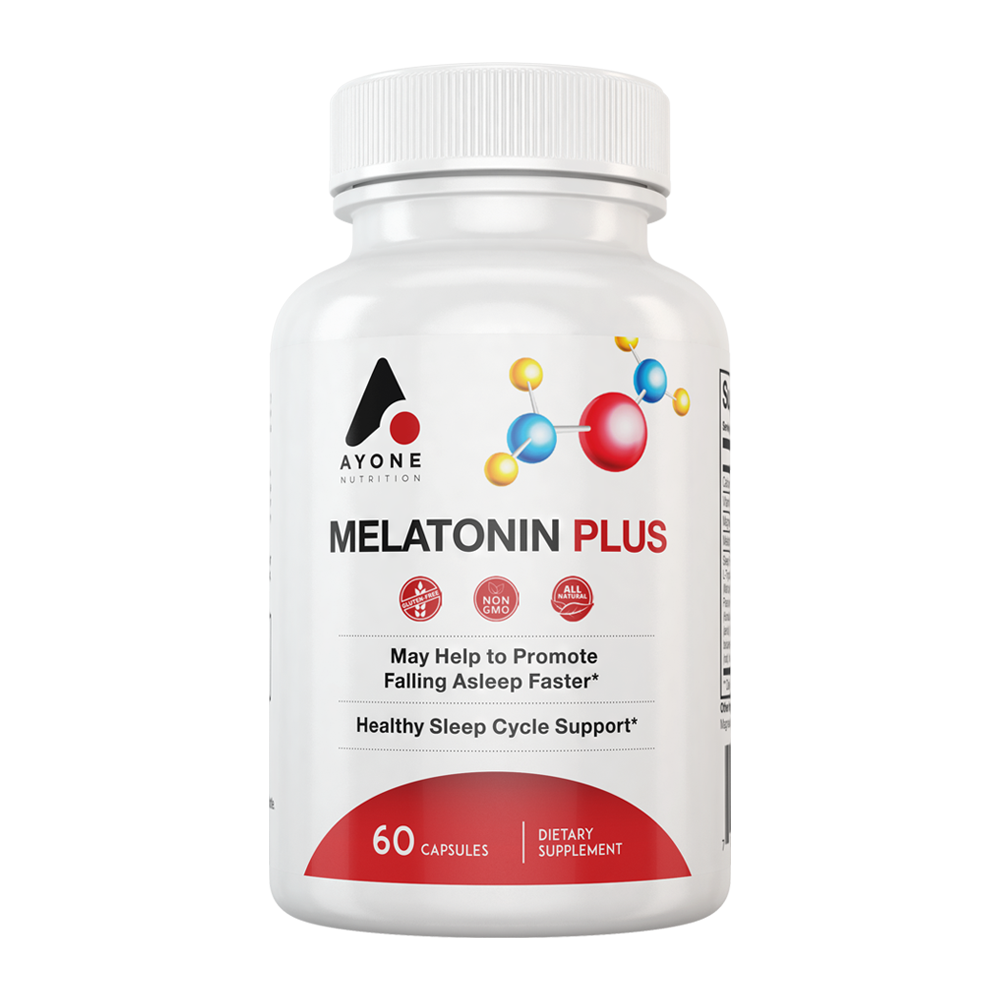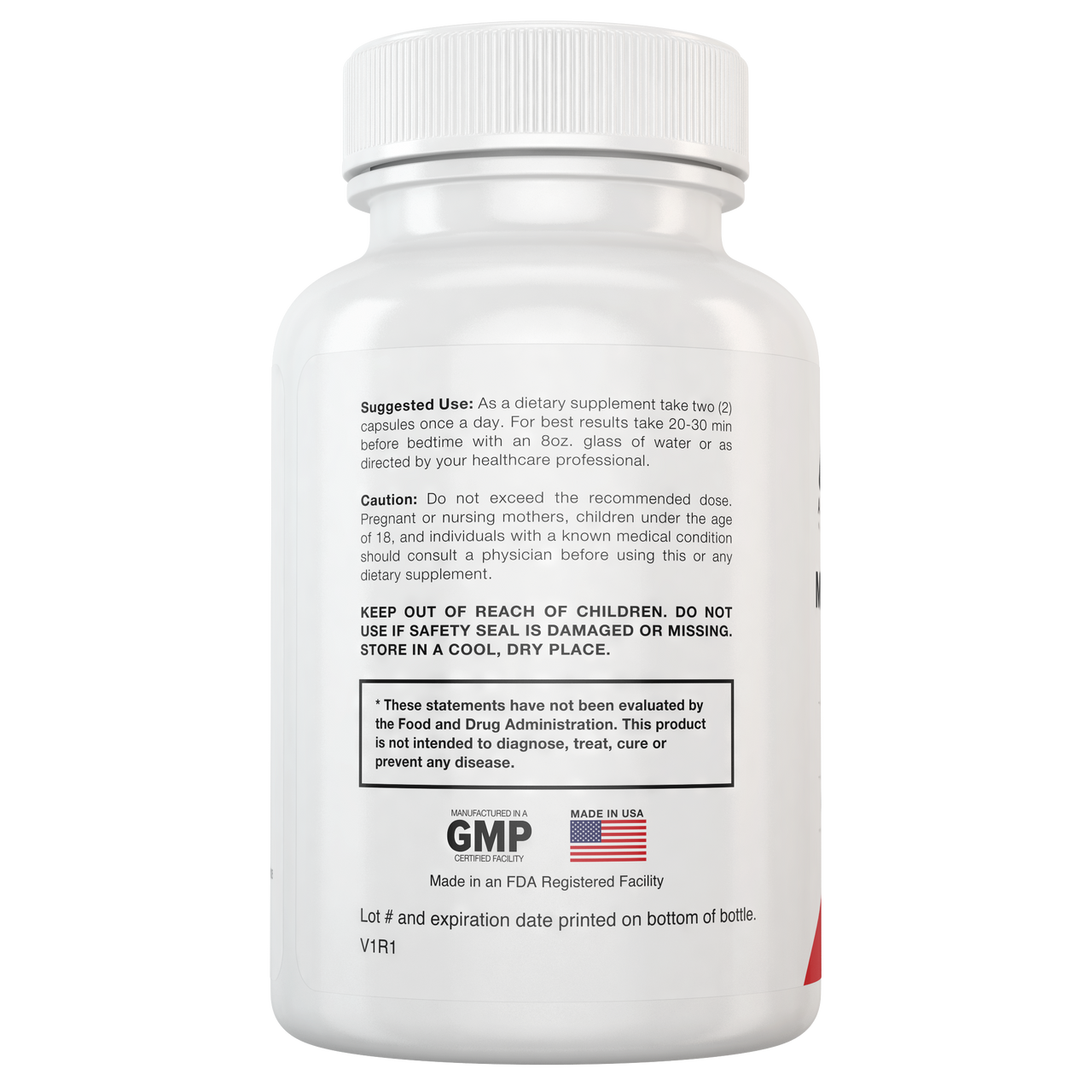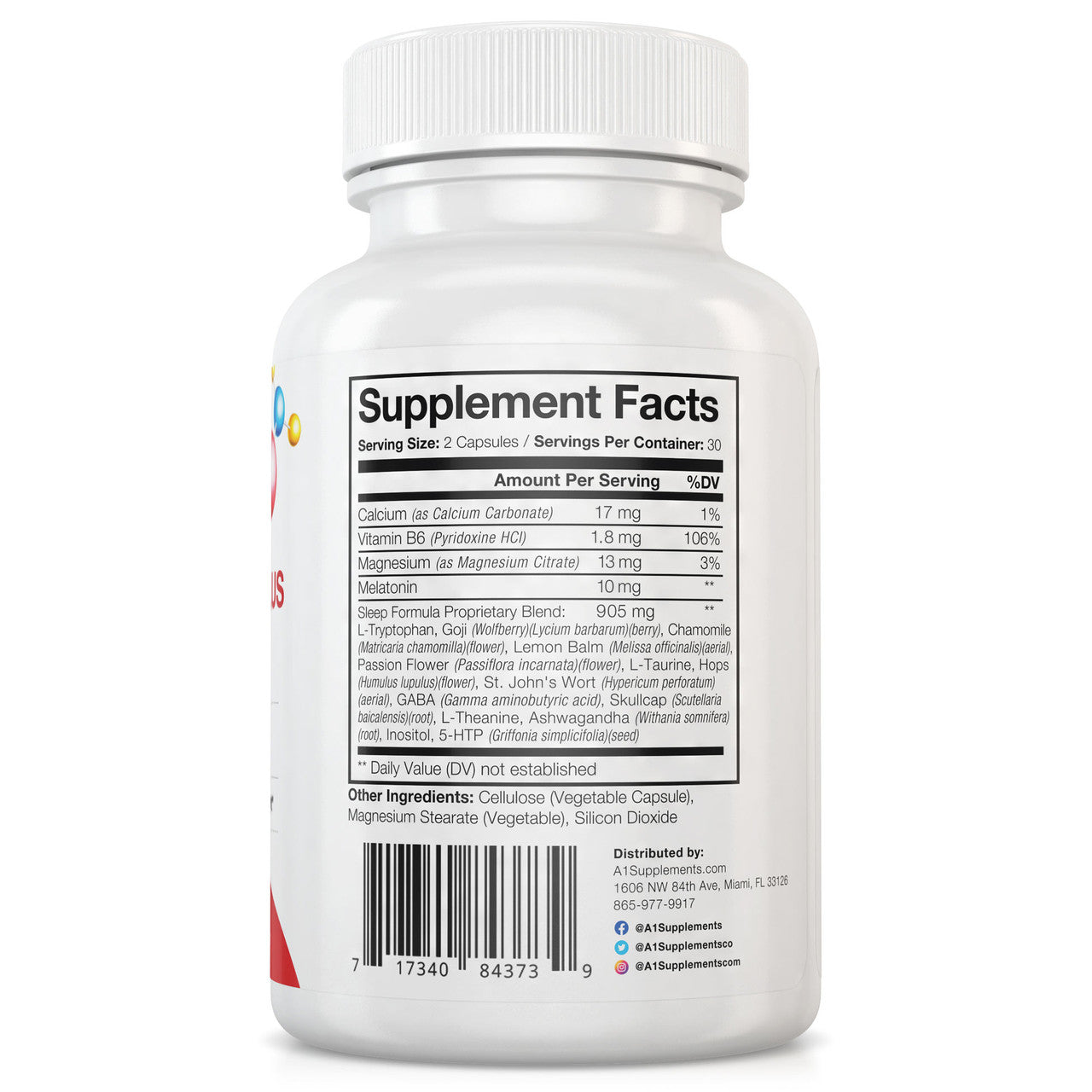What Is 5-HTP?
5-HTP is used by the human body to make serotonin, an important substance for normal nerve and brain function. Serotonin appears to play significant roles in sleep, emotional moods, pain control, inflammation, intestinal peristalsis, and other body functions.1 5-HTP is not present in significant amounts in a typical diet.
The human body manufactures 5-HTP from L-tryptophan, a natural amino acid found in most dietary proteins. However, eating food that contains L-tryptophan does not significantly increase 5-HTP levels. Supplemental 5-HTP is naturally derived from the seeds of Griffonia simplicifolia, a West African medicinal plant.
Why is 5-HTP Important?
Disruptions in emotional well-being, including depression and anxiety, have been linked to serotonin imbalances in the brain.2 People with fibromyalgia often have low serotonin levels in their blood.3 4 5 Supplements of 5-HTP may increase serotonin synthesis in these cases. The cause of migraine headaches is related to abnormal serotonin function in blood vessels,6 and 5-HTP may help correct this abnormality. Insomnia has been associated with tryptophan deficiency in the tissues of the brain;7 therefore, 5-HTP may provide a remedy for this condition.
Is There Any Scientific Evidence to Support 5-HTP?
In a controlled trial, 5-HTP (300 mg per day) was shown to be effective in reducing many symptoms of fibromyalgia, including pain, morning stiffness, sleep disturbances, and anxiety.8 For depression, 300 mg per day is often effective, though much of the research used 5-HTP in combination with drugs or was uncontrolled.9 10 11 For insomnia, a single 100-mg nighttime dose of 5-HTP was sufficient to improve the duration and depth of sleep in one placebo-controlled trial.12
For migraine headaches, amounts ranging from 400–600 mg per day have been shown to be effective at reducing the frequency and severity of attacks in most clinical trials.13 14 15 16 17 For tension headaches, 100 mg of 5-HTP taken three times per day led to a significant decrease in consumption of pain-relievers, but no significant change in headache duration or intensity.18 Appetite reduction and weight loss (averaging 11 pounds in 12 weeks) has occurred with amounts of 600–900 mg daily.19 20 In another clinical trial, 750 mg per day has been shown to be effective at decreasing carbohydrate and fat intake, and promoting weight loss.21
Are there any side effects or interactions?
During the clinical trials described above, some people taking large amounts of 5-HTP experienced gastrointestinal upset (e.g. nausea) or, less often, headache, sleepiness, muscle pain, or anxiety. Very high intakes of 5-HTP have caused muscle jerks in guinea pigs39 and both muscle jerks40 and diarrhea in mice.41 Injected 5-HTP has also caused kidney damage in rats.42 To date, these problems have not been reported in humans.
“Serotonin syndrome,” a serious but uncommon condition caused by excessive amounts of serotonin, has not been reported to result from supplementation with 5-HTP; in theory it could be triggered by the supplement.43 However, the level of intake at which this toxic effect might potentially occur remains unknown. 5-HTP should not be taken with antidepressants, weight-control drugs, other serotonin-modifying agents, or substances known to cause liver damage, because in these cases 5-HTP may have excessive effects.
People with liver disease may not be able to regulate 5-HTP adequately and those suffering from autoimmune diseases such as scleroderma may be more sensitive than others, to 5-HTP.44 These people should not take 5-HTP without consulting a knowledgeable healthcare professional. The safety of taking 5-HTP during pregnancy and breast-feeding is not known at this time.
Copyright © 2008 Healthnotes, Inc. All rights reserved. www.healthnotes.com
This article was reproduced with permission from HealthNotes.com















